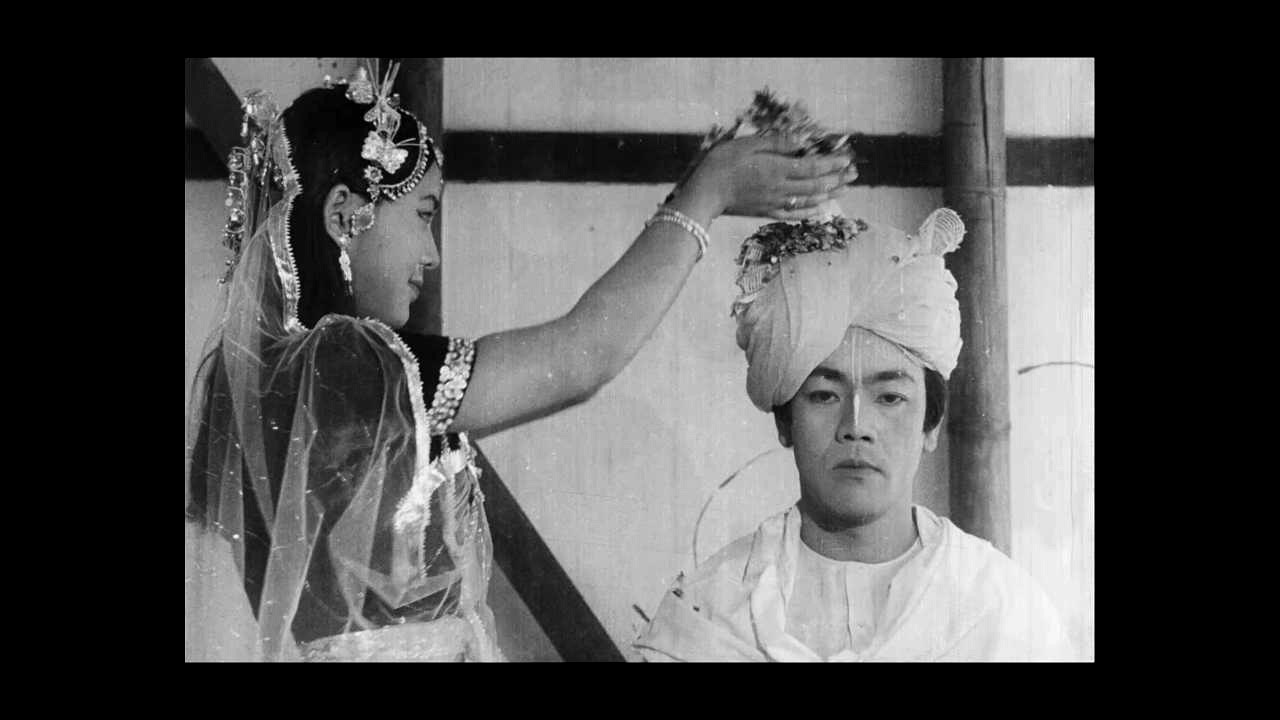On the occasion of screening of the classic Manipuri feature film “Brojendragee Luhongba” to launch SN Chand Cine Archive & Museum (SNCCAM)’s restored Classic Film Series on Sunday the 20th October 2024 at the the Palace Auditorium of MSFDS at Konung Mamang, Imphal, a relook is ventured to put things into historical perspective.
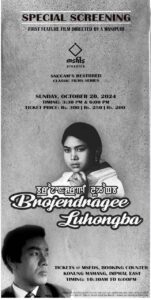
The release of Brojendragee Luhongba marked a historic moment in Manipuri cinema as the first full-length feature film directed by a Manipuri filmmaker. While Matamgi Manipur (1972) is officially recognized as the first Manipuri feature film, it was directed by Bengali filmmaker Debkumar Bose.
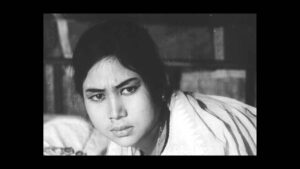
Brojendragee Luhongba, however, stands as the true indigenous breakthrough for Manipuri cinema. At the heart of Brojendragee Luhongba lies Chand’s distinctive narrative approach. The film explores the tension between tradition and modernity, especially through the lens of gender dynamics, without resorting to didacticism.
Chand’s sensitivity to the emotional complexity of his characters, particularly Moloti, the neglected wife, lends the film its psychological depth. Brojendra, initially portrayed as a traditional hero, becomes a vessel for critiquing the patriarchal underpinnings of Manipuri society.
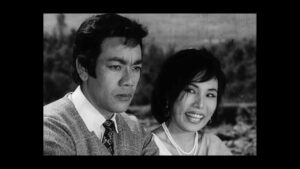
Through this nuanced portrayal, Chand subtly champions women’s emancipation and critiques male arrogance, marking the film as a quietly revolutionary work in feminist filmmaking. More than just a director, Chand was the creative force behind the film, serving as the screenwriter, lead actor, music composer, and producer.
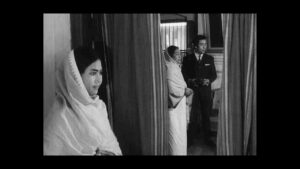
His determination to shoot on location in Manipur, rather than relying on studios in Calcutta, added a sense of authenticity to the project, setting a precedent for future filmmakers in the region.
Technically, Brojendragee Luhongba also pushed boundaries, with Chand incorporating innovative cinematography—such as tracking shots from inside a moving car—that was revolutionary for its time, given the limited resources available.
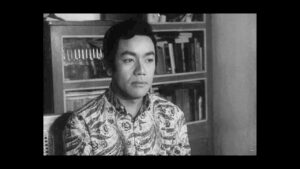
Though it missed the title of being the first Manipuri feature film by a small margin, Brojendragee Luhongba has remained a cultural and cinematic milestone. Chand’s work not only captured the essence of Manipuri life but also laid the foundation for future filmmakers. His enduring legacy is a testament to his visionary role in shaping Manipuri cinema, proving the lasting power of film to mirror social transformation and cultural identity.




